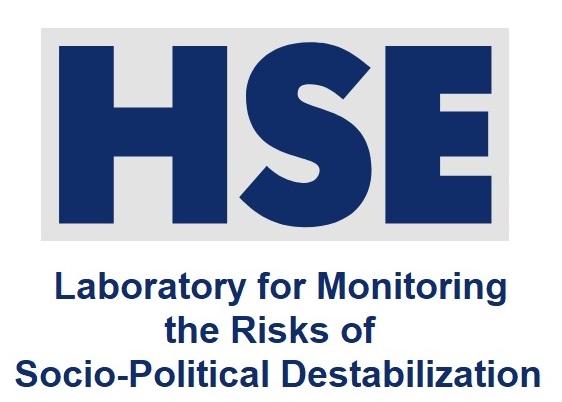Expedition to Tanzania
From February 27 to March 7, Laboratory staff Leonid Isaev, Alice Shishkin and Yakov Lokumovich visited Tanzania.
The laboratory staff took part in the conference "Leadership and Power in Africa in the past and present: studies of scientists of Russia, Tanzania and other countries" organized by the Institute of Africa of the Russian Academy of Sciences. The conference was attended by about 100 scientists who presented their reports. The conference was held not only in the halls of the Russian House, but also in online mode. The work of the International Scientific Forum lasted until March 4. The conference was timed to the century from the birth of one of the brightest leaders in the history of the twentieth century, the first president of Tanzania Julius Kambarag Nierer.
During the conference, participants covered an extremely wide range of issues related to leadership issues in Africa. Leonid Isaev made a report on the phenomenon of "Coup-volutions" in the countries of West Africa.
Having experienced a significant influence of the "Arab Spring", the countries of West Africa (and especially the Sahel region) became the area where 'Coupvolutions' are born. This specific type of destabilization is combining features of revolutions and military coups. The concept of 'Coupvolutions' means a revolutionary event under which mass protests against the current government are mobilized at the first stage. At the second stage, the military forces take the situation to their hands and arranges a military coup.The speech of Alisa Shishkina was devoted to leadership and new media in the countries of North Africa during the events of the Arab Spring. It was found that, contrary to a fairly common idea of the key role of the information technologies, scientific confirmation finds the fact that only some aspects of the dissemination of new media are noticeable in the context of protest activity. The widespread use of the Internet did not affect the escalation of protest activity, while the critical role was played by the possibility of connecting to the social network Twitter. It, is firstly, most accessible to the population of Arab countries (since applications are widespread for mobile access to this network, which is much easier and cheaper than connecting through a computer). Secondly, it makes it possible to quickly exchange information, photo and video materials, etc.The staff of the laboratory also conducted expert interviews under the RSCF project "Analysis and modeling of Africa's development in the context of Russia's foreign policy interests" with representatives of the Tanzanian academic and business community. During the expert interview, it was repeatedly noted that the Russian "return" in Africa should first of all be focused on solving economic problems. It was also noted that Russia needs to adhere to a neutral position in intra-African conflicts and approach the issue of building relationships with African countries in a purely pragmatic key.Meeting with representatives of the academic community Tanzania made it possible to form an idea of the form of Russia and the USSR in the eyes of Tanzanians. So, for example, the level of knowledge about the USSR in Tanzania prevails over awareness of modern Russia. An important role in maintaining awareness of the USSR plays his role in the struggle of Africans for independence. In turn, the collapse of the Soviet Union was perceived by Tanzania with concerns, motivated by anti-American sentiments, in many respects remain in the country to this day. Also, the staff of the laboratory conducted surveys about the form of Russia through the eyes of Tanzanian students who were held at the University of Dar Es Salam and the University of Zanzibar.

